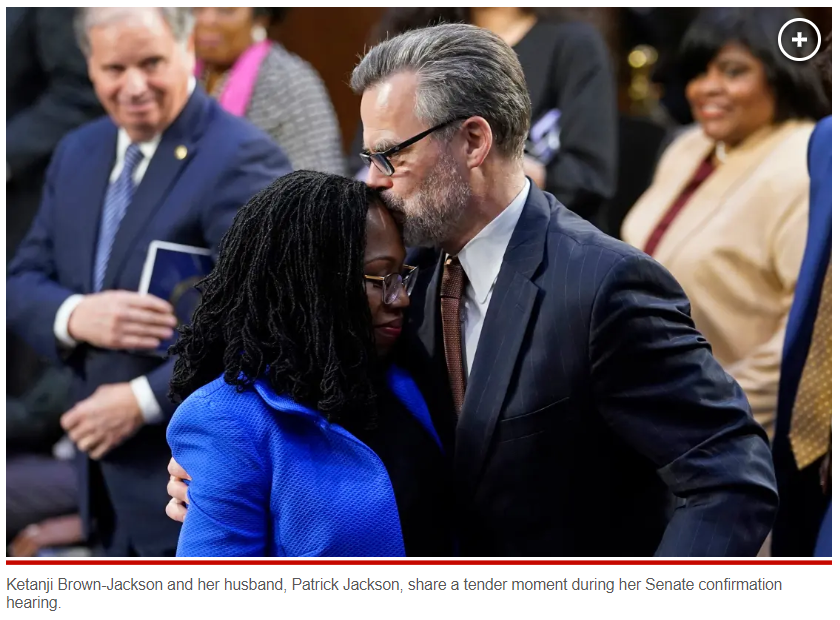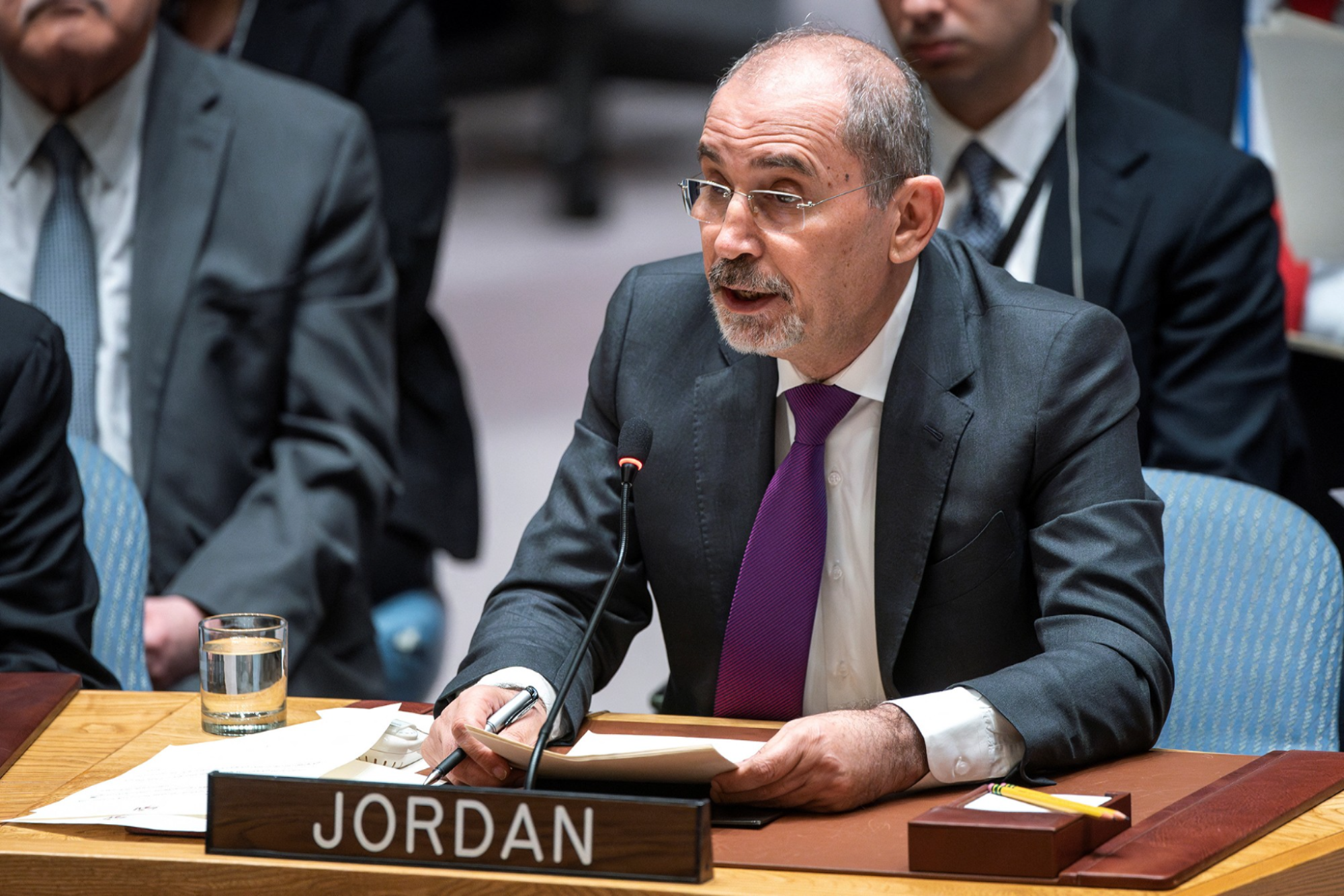Two of the most powerful positions in the United States government will soon be held — for the first time — by black women: Kamala Harris and Ketanji Brown-Jackson. Harris, as we all know, is the vice president of the United States and Brown-Jackson could soon become a Supreme Court justice.
But Harris and Brown-Jackson also share a personal attribute that is equally noteworthy: Each has a white husband.
This fact is significant. The effects of racism have left well-educated black women with a paucity of black male partners: According to Brookings Institute data, black men are less likely than black women to have completed high school and 50 percent less likely to have attained a four-year college degree. Yet despite the shortage of suitable black partners, black women have also been the least likely of any minority group to marry outside of their race, according to data from the Pew Research Center.
Rather than partner with men of other races, many heterosexual black women either don’t marry or marry black men with whom they are not especially well matched. And these mismatched relationships contribute to African Americans having the highest divorce rate of any racial group (in fact, black women are the only demographic to have a higher divorce rate than marriage rate).

A bit more than a decade ago I published a book, “Is Marriage for White People?” that examined the decline in marriage across American society and especially among African-Americans, and focused in particular on the predicament of black women. The book raises the possibility that black women — like Harris and Brown-Jackson — would do well to open themselves to partnering with men who are not black. After all, black men appear to have no problem marrying out: That same Pew report revealed they are twice as likely as black women to have a non-black spouse.
My book generated considerable controversy and exposed fissures within black America. While younger people appeared more open to interracial relationships, a black woman old enough to be my mother made a point of telling me that I was “a disgrace to my race.”

But the most significant fissure was between black men and women. While some black women were made uncomfortable by the book, and the way it put them in the spotlight, many others embraced its message of empowerment. That was a message that not all black men wanted to hear. At one of my book talks in Washington DC, I worried a fight would break out between a young black woman who asserted her right to choose whatever type of man she wanted and an older black man who condemned such sentiments as betraying the race.
Other critics, including some black women, contended that white racism precluded black women from finding non-black partners. And this convinced many black women that they cannot (or should not) partner with a non-black man, even if the alternative was remaining unpartnered or in a bad relationship. As a result, many black women feel that they should “marry down” before they “marry out.”

I explained in the book why black women should not be pressured to sacrifice their own chances for happiness out of some misplaced loyalty to black men. Nor should black women feel beholden to black men under the guise of advancing the race. If the price of racial solidarity is a bad intimate relationship, then the cost is too high. Black women should not be held hostage to the struggles of black men.
True, race can provide a basis of compatibility, but race itself cannot solely sustain a relationship. And there are many bases of compatibility other than race. Black women’s increased rate of interracial marriage — from a mere three percent in 1980 to 12 percent in 2017, according to the Pew Research Center — also reflects their increasing autonomy to choose partners that best serve them. They should not have to apologize or feel guilty for doing so.

There has been little discussion in the media or culture about the white partners of prominent black women like Harris or Brown-Jackson and I hope this reflects the increasing social acceptance of such unions. If so, then black women will be able to enjoy the relationship freedom they deserve.









